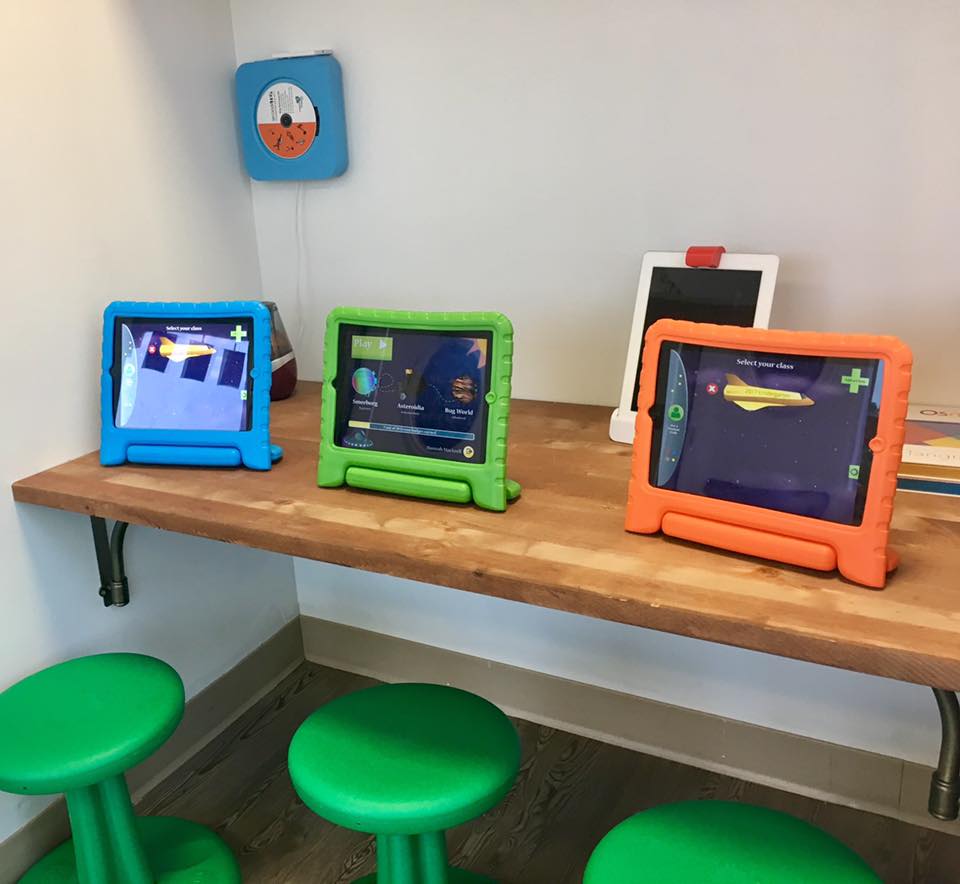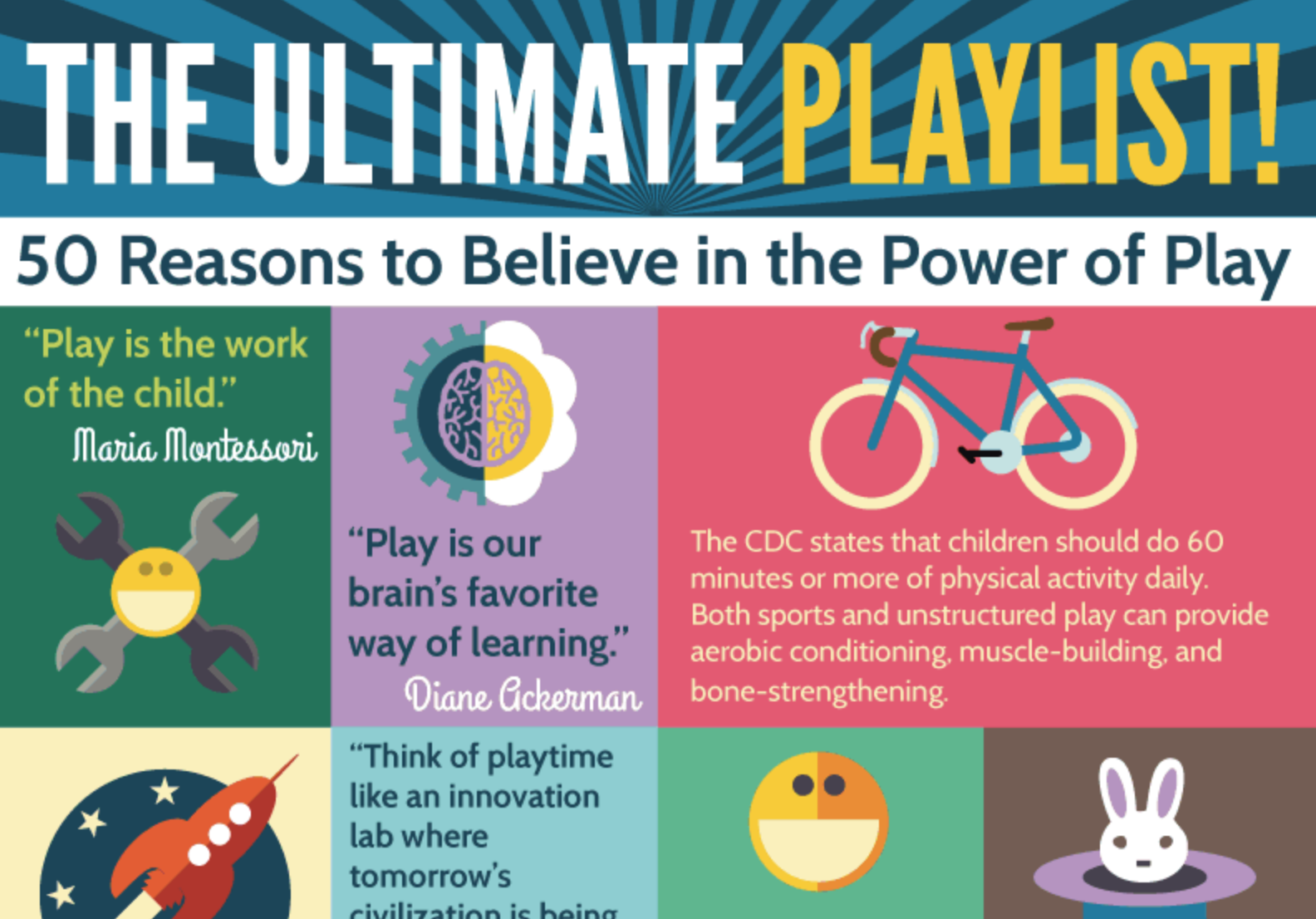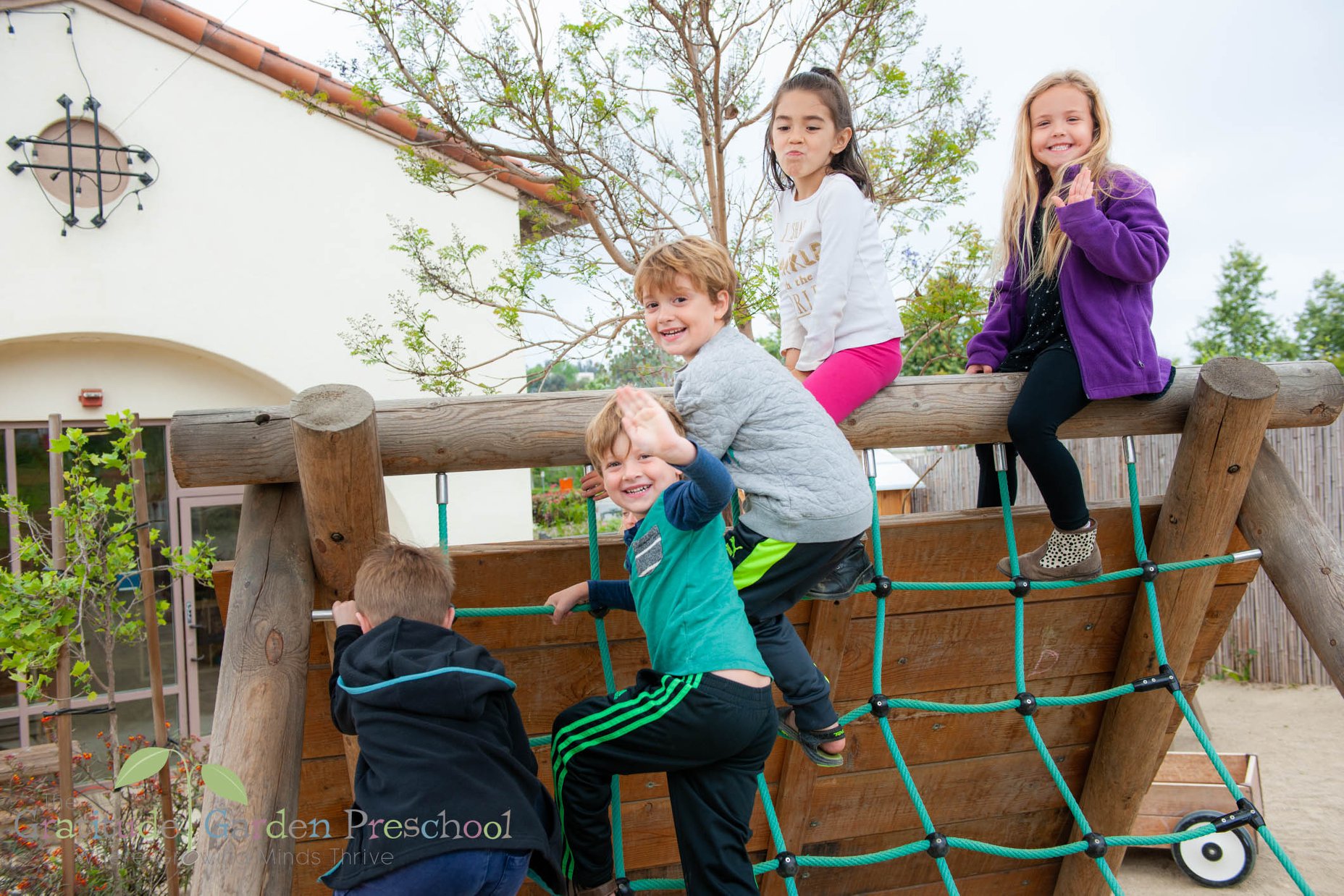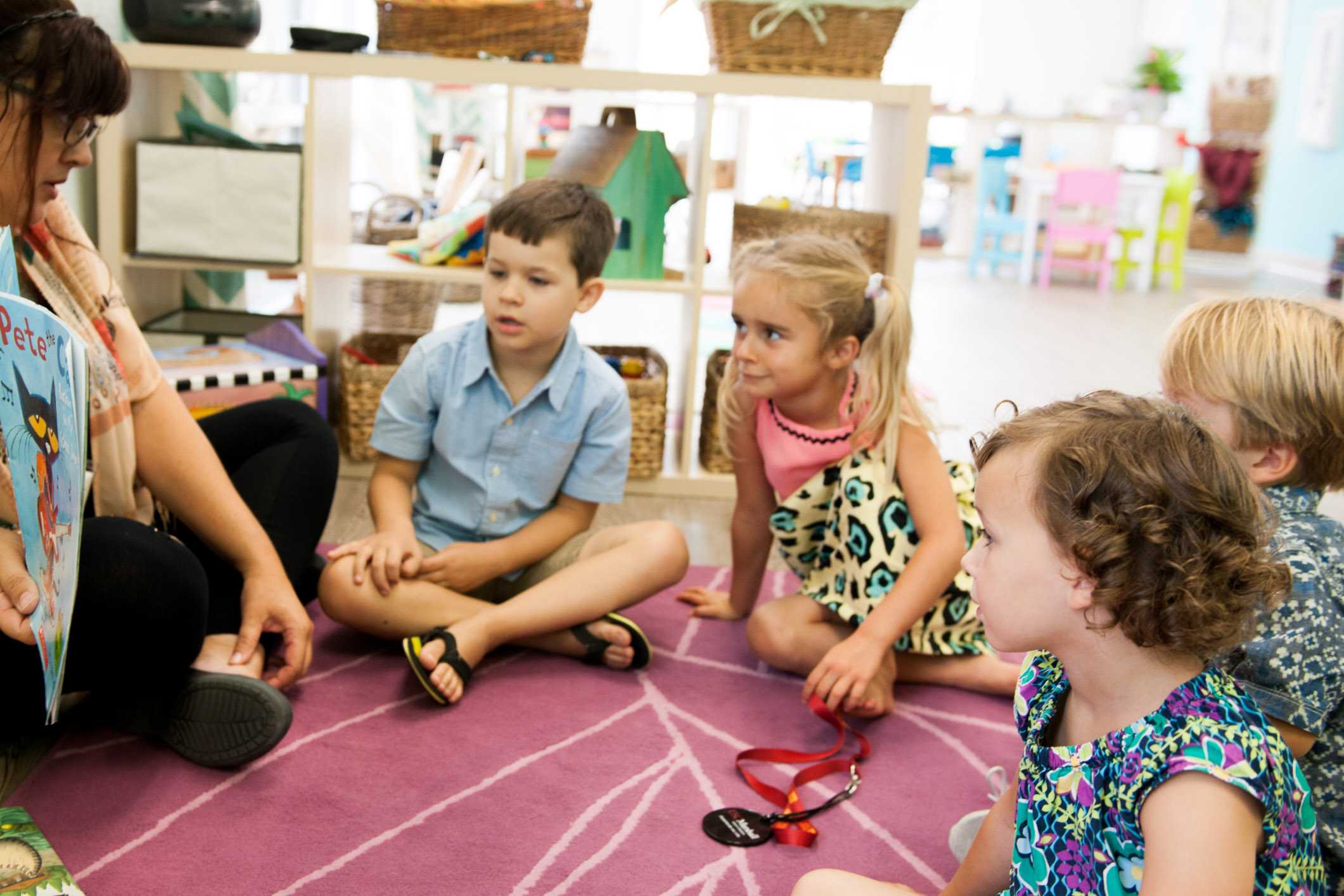By Dr. Dustine Rey published in the March issue of Talega Life
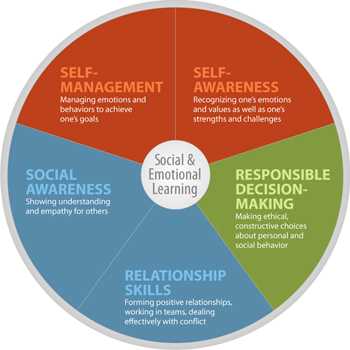 SCIENTIFIC RESEARCH indicates there is a strong relationship between social-emotional learning, cognitive development and well-being.
SCIENTIFIC RESEARCH indicates there is a strong relationship between social-emotional learning, cognitive development and well-being.
Children as young as 18 months exhibit compassion, empathy and altruism. Some schools have programs designed to help students better identify and manage their emotions, establish respectful caring relationships and resolve conflicts using non-violent means. A decade of worldwide academic research shows that high-quality social and emotional programs dramatically reduce aggression and increase social and emotional understanding among children who receive it. Children who have participated in such school programs are kinder, more cooperative, inclusive of others, less aggressive and less likely to bully others compared to children who do not participate in such programs. These positive effects last for years.
“At the Greater Good Science Center, we believe that these core competencies are crucial to our well-being in that they can serve as the foundation for creating a meaningful and successful life,” says Vicki Zakrzewski, University of California at Berkeley Greater Good’s education director. “But, at the same time, these skills have to be cultivated, because the environment can inhibit their development.” Practicing emotional regulation and other relational skills is important because these are the prosocial behaviors that will help young children become more engaged, get along with others and succeed in the world. Children learn these skills as early as preschool.
Social and emotional research suggests that one specific trait – gratitude – not only helps people form, maintain and strengthen supportive relationships, but it also helps people feel connected to a caring community. The development of appreciation and a grateful perspective in preschool has lasting benefits into adulthood. Young adolescents (ages 11 to 13) exposed to a high-quality social and emotional programs are happier, more optimistic, have better social support, and are more satisfied – with their school, family, community, friends and themselves. Moreover, these teens (ages 14 to 19) are more satisfied with their lives and use their strengths to better their community. They are more engaged in their schoolwork/hobbies and have higher grades; as well as being less envious, depressed and materialistic.
The early development of social and emotional strengths has clear value for a meaningful future and productive society. Schools and parents are in a partnership of developing young children into moral and well-adjusted adults who will contribute to a world with greater well-being.



